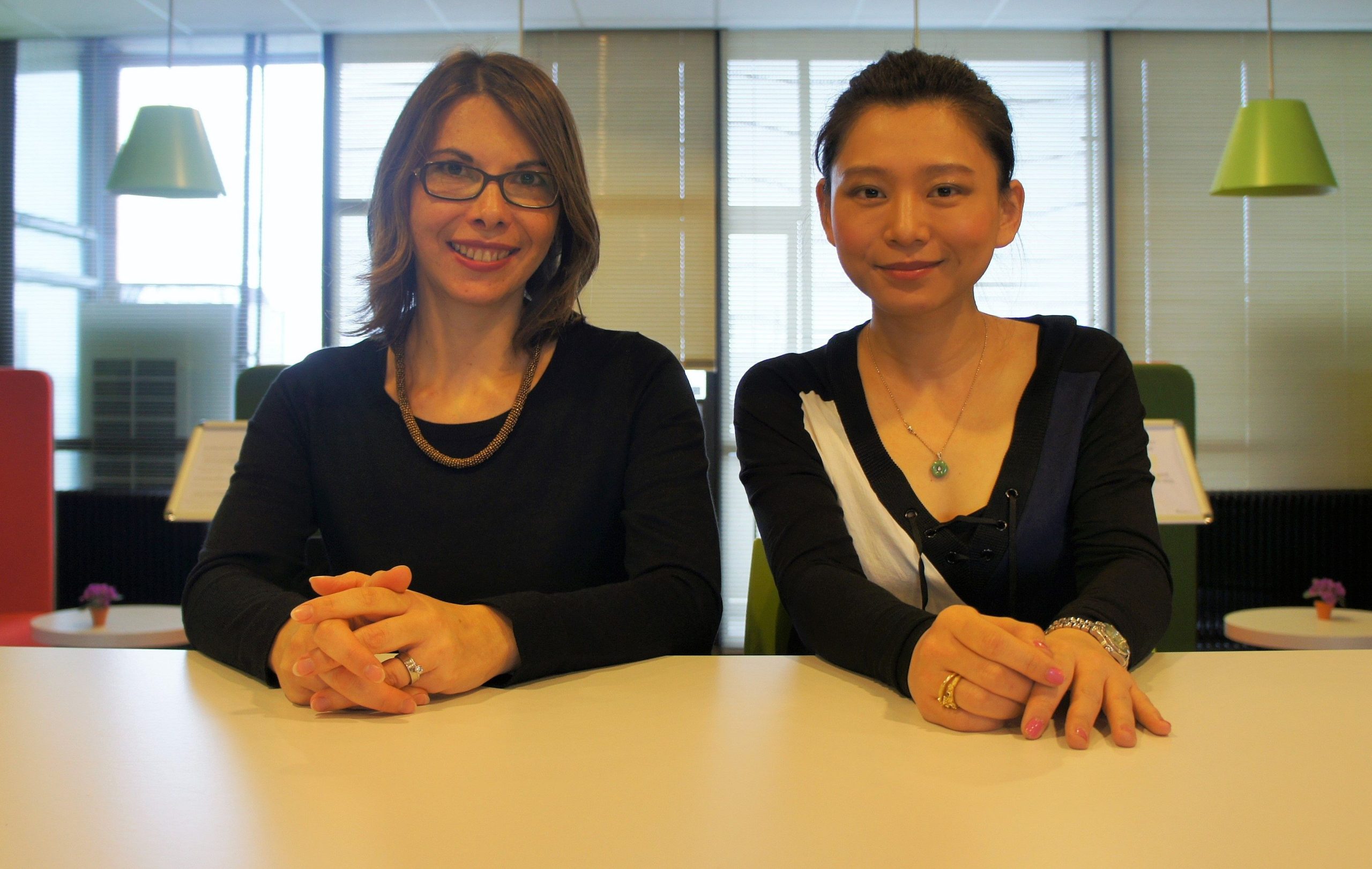As of October 12 applications are open for the Delft Technology Fellowship. This is a fellowship exclusively for women scientists, with the aim of increasing their number among TU Delft’s top faculty members.
This marks the third intake since the fellowship was established in 2012. There are currently 20 fellows, many of them are internationals and all of them are, of course, women. Caroline Kohlmann, coordinator of the Delft Technology fellowship told Delta that the programme is part of TU Delft’s drive to increase the number of women in top positions at the university. She explained that the university’s goal is to have women represent 20% by 2020, adding that Delft Women in Science (DEIWS), a group closely linked with the fellowship, would like to see more.
There are ten fellowships available for women scientists from all over the world, as assistant professors, associate professors and full professors. Candidates are required to have a PhD, some international experience, and a wide skill-set ranging from strong research capabilities to soft skills. Following a lengthy decision making process, fellows will be appointed in June of 2016.
Despite being a relatively new programme, the fellowship has been well received so far. Darinka Czischke and Queena K. Qian, both fellows and assistant professors at the TU Delft Department of Architecture and the Built Environment, spoke to Delta about their experiences. Both emphasised their appreciation of the length of the fellowship (five years) and the fact that it allows the fellows to pursue their own line of research. Czischke said that “this is one of the few fellowships in Europe that allows you to study whatever you want, which is a dream for any researcher.” She added that the five year period, where other prestigious fellowships may be only 2, allows her to focus on developing her research instead of worrying about the near future. Qian emphasised that the programme’s tenure track is important, however there is still room for improvement.
Women scientists are considerably underrepresented in top positions all around the world, and the two fellows highlighted some of the reasons why this may be. Czischke mentioned structural obstacles embedded in legal frameworks which act as a barrier to women – parental leave for example – as well as informal obstacles, such as the perception of women and their abilities particularly in science, which is traditionally a male dominated field. The internalisation of some of these perceptions mean women prevent themselves from achieving the most. “I think the fellowship has helped me realise, as a female scientist, what I can do,” said Qian. Applications are open until January 2016.



Comments are closed.